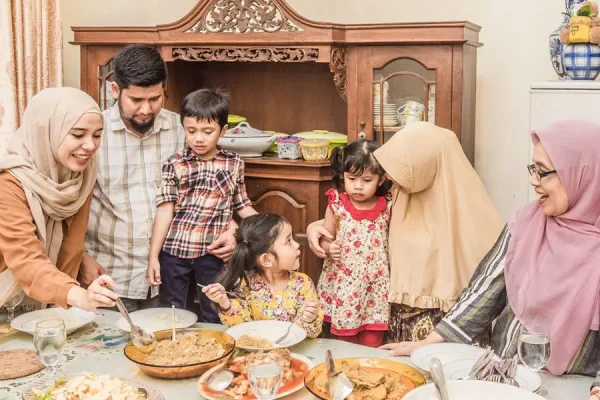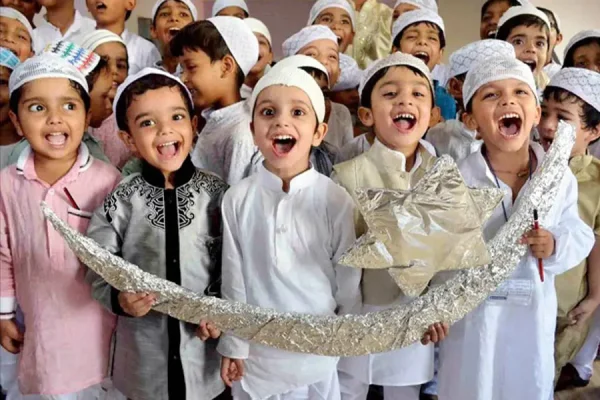Eid al-Fitr: A Celebration of Faith and Community
- BUZZAAR
-
Apr 04
- Share post

Eid al-Fitr, often referred to simply as Eid, is one of the most significant religious festivals observed by adherents of Islam worldwide. It marks the end of Ramadan, the holy month of fasting, prayer, reflection, and community. This joyous occasion holds profound spiritual and cultural significance, symbolizing the completion of a period of self-discipline and devotion, as well as the renewal of faith and communal bonds.
The festival of Eid al-Fitr is celebrated on the first day of Shawwal, the month following Ramadan, in accordance with the Islamic lunar calendar. The exact date varies each year, depending on the sighting of the moon, but its essence remains consistent – a time of jubilation, gratitude, and reverence.
Central to the observance of Eid al-Fitr is the performance of special prayers, known as Salat al-Eid, held in congregational gatherings at mosques or open spaces. These prayers are conducted in the early morning, typically after sunrise, and are characterized by their fervent supplications for blessings, forgiveness, and peace. Following the prayers, adherents engage in a range of traditional rituals and customs, varying across cultures and regions, yet all reflecting the spirit of joy and unity inherent in the occasion.

One of the defining features of Eid al-Fitr is the exchange of greetings and good wishes among family members, friends, and neighbors. It is customary to express heartfelt sentiments of love, generosity, and solidarity, often accompanied by the giving of gifts, especially to children. Additionally, charitable acts, such as giving alms to the less fortunate (known as Zakat al-Fitr), play a significant role in spreading compassion and easing the burdens of those in need.
Culinary delights also form an integral part of Eid celebrations, with families preparing lavish feasts and traditional dishes to share with loved ones. Special sweets, such as baklava, sheer khurma, and ma’amoul, are savored alongside savory delicacies, symbolizing abundance, hospitality, and the blessings of sustenance.
Moreover, Eid al-Fitr transcends religious boundaries, welcoming people of all backgrounds to partake in its festivities and embrace its universal messages of peace, solidarity, and spiritual renewal. In many places, public events, cultural performances, and interfaith gatherings further promote understanding and harmony among diverse communities.
In essence, Eid al-Fitr embodies the core values of Islam – faith, compassion, and community – while serving as a reminder of the importance of spiritual devotion, gratitude, and social responsibility in the lives of adherents around the world. As individuals come together to celebrate this joyous occasion, they reaffirm their commitment to faith, family, and fellowship, fostering bonds of unity and goodwill that transcend differences and enrich the tapestry of human experience.

